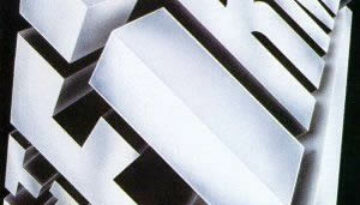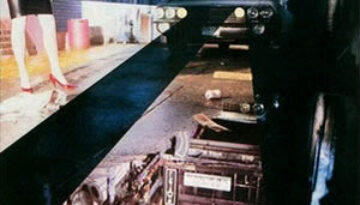The Firm
Buy The Firm There was much anticipation ahead of the release of The Firm’s debut album. This “super group”, anchored by former Swan Song label mates Jimmy Page of Led Zeppelin and Paul […]

Buy The Firm There was much anticipation ahead of the release of The Firm’s debut album. This “super group”, anchored by former Swan Song label mates Jimmy Page of Led Zeppelin and Paul […]

Buy Mean Business After the big success of their eponymous 1985 debut, the super-group The Firm followed up with their sophmore release in early 1986 called Mean Business, which would end up being […]